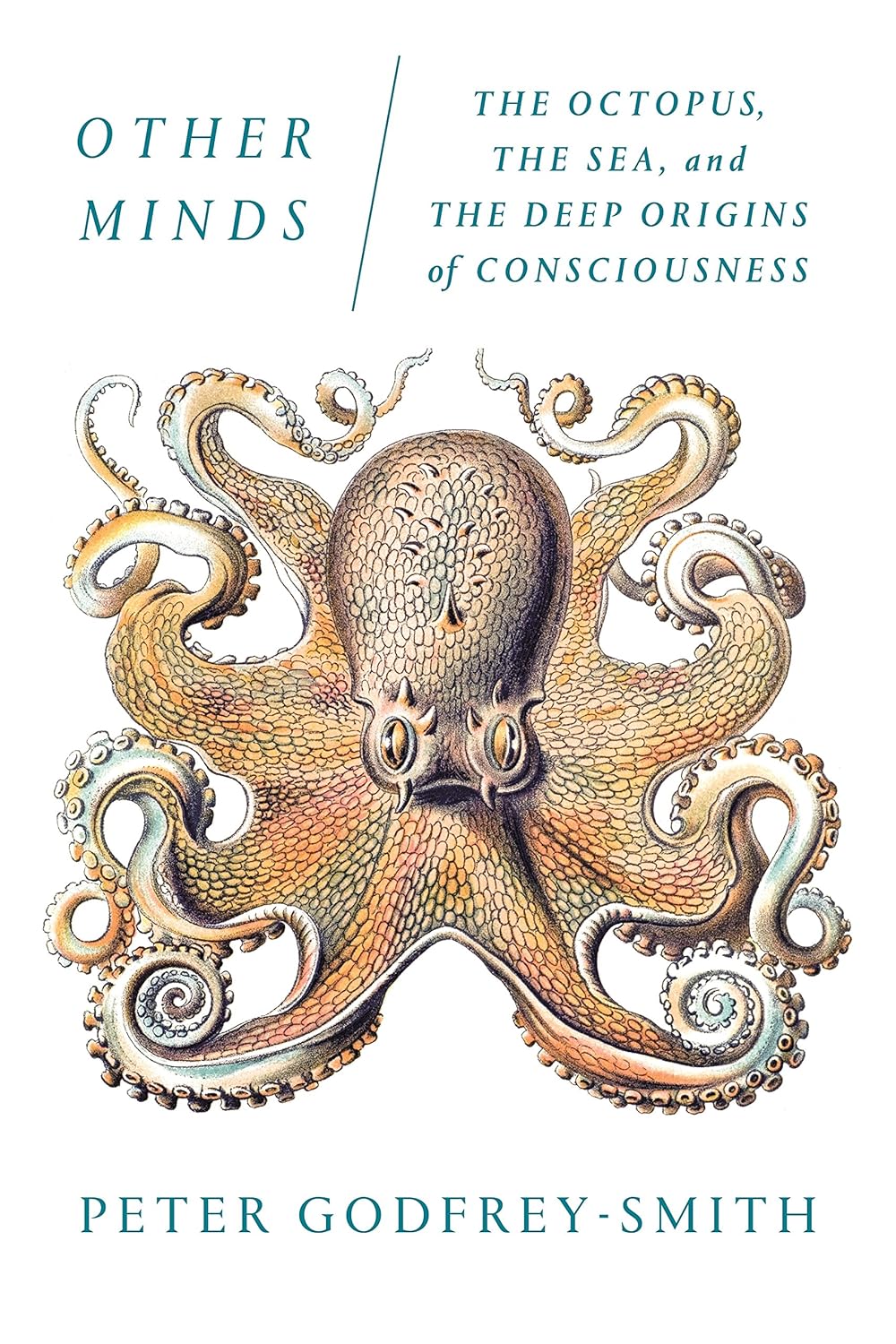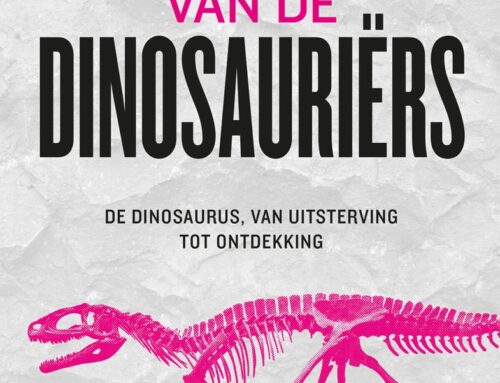by Peter Godfrey-Smith
I first encountered Other Minds as an audiobook, which I initially listened to as part of my usual routine of playing audiobooks to help me fall asleep. Normally, I don’t fully follow or “count” these books because I tend to drift off and forget most of what I hear. But this one was different. Other Minds grabbed my attention almost immediately, and instead of lulling me to sleep, it kept me wide awake. I quickly realized this was a terrible choice for a ‘falling asleep’ audiobook, so I decided to buy the printed version to properly immerse myself in the content.
What fascinated me most was the concept that, in the evolutionary history of our planet, intelligence was essentially “invented” twice. Once with us—vertebrates—and once with cephalopods, like octopuses and squids. It’s incredible to think that on the great “family tree” of life, two entirely separate branches could both develop something as complex as intelligence, but in vastly different ways.
What really struck me was the realization that this might be the closest we ever get to understanding an intelligence other than our own. Cephalopods offer a window into what intelligence could look like outside of the human experience. But the more I read, the more I realized how distant their intelligence is from ours. We might never be able to fully grasp how these creatures experience the world because their form of intelligence is so different, so alien to ours. It’s like trying to understand a language for which we don’t even have the alphabet.
The book was a thought-provoking journey into what it means to be intelligent—and more importantly, what it means to be intelligent in a way that is fundamentally different from us.
What is Other Minds about?
In Other Minds, Peter Godfrey-Smith explores the evolution of intelligence through the fascinating world of cephalopods—creatures like octopuses, cuttlefish, and squids. The book delves into how these animals developed complex nervous systems and remarkable problem-solving abilities, which makes them one of the few groups on Earth to evolve intelligence independently from vertebrates.
Godfrey-Smith draws on his expertise as a philosopher of science and his experience as a scuba diver to offer a deep dive (literally and figuratively) into the world of these remarkable creatures. Through engaging storytelling and scientific insights, he examines what cephalopods can teach us about the nature of intelligence and consciousness. The central question is profound: How does intelligence evolve, and how might it manifest in forms we might never fully comprehend?
The book also raises the intriguing notion that cephalopods’ intelligence, though highly developed, is so radically different from our own that we may never truly understand how they experience the world. It’s a humbling reminder of how little we still know about intelligence—both in other species and, in some ways, our own.





